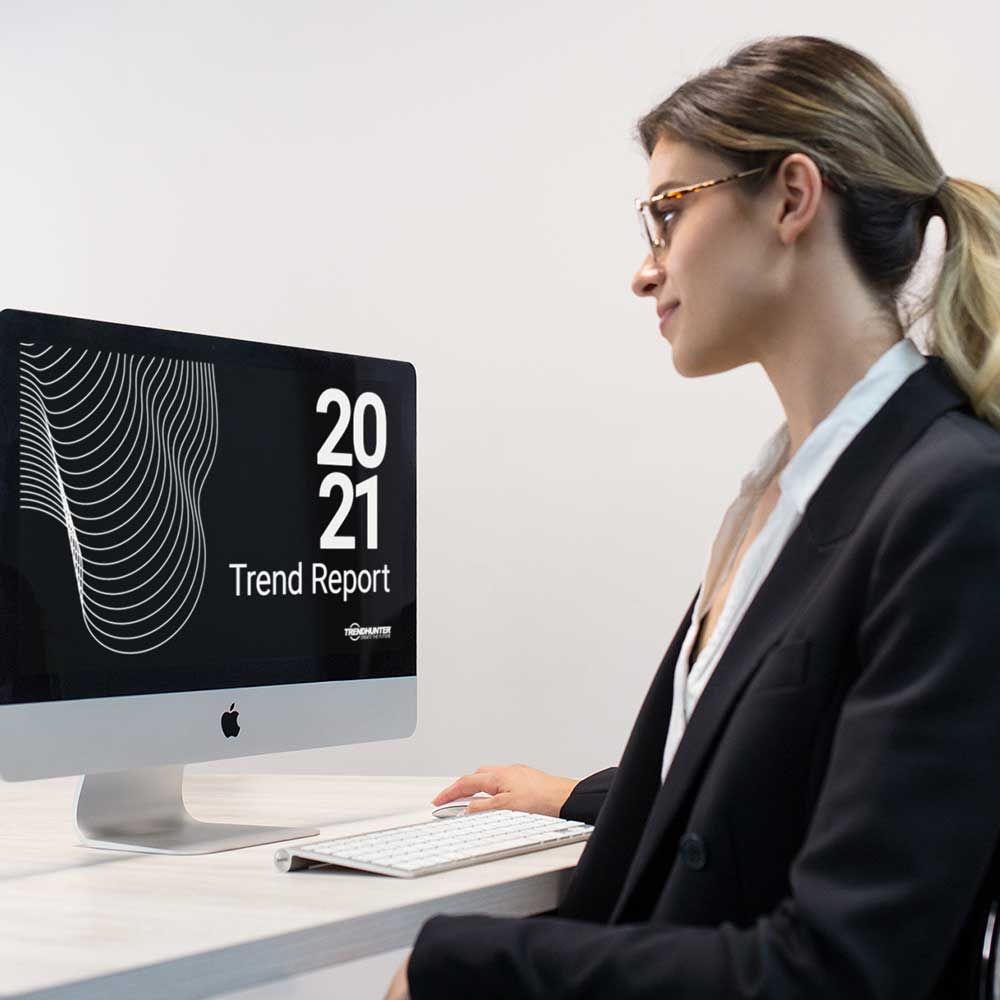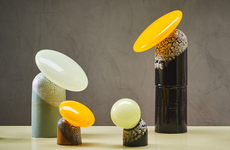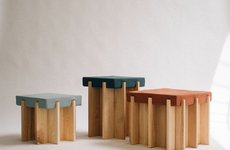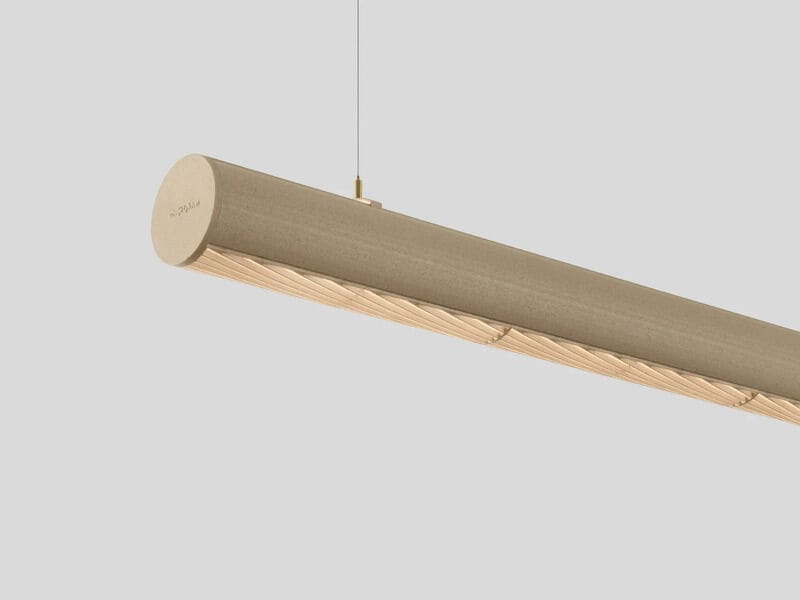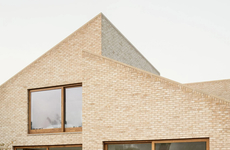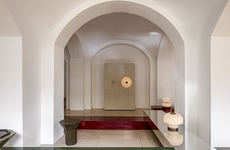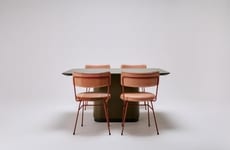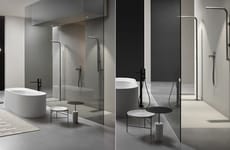
Snøhetta and Ateljé Lyktan Create the Superdupertube
Amy Duong — August 1, 2024 — Art & Design
References: snohetta & yankodesign
Snøhetta and Ateljé Lyktan work in collaboration to continue forming sustainable design solutions and the latest efforts arrive in the form of the Superdupertube. It is an office lamp that uses materials that reflect the design studio's work of regenerative design. This collaboration started years ago as a team of architects and designers joined Atelje Lyktan to find materials with lower eco impacts. Hemp was one of the selections due to its strong fibers.
The Superdupertube is a modern imagination of the Supertube by Atelje Lyktan -- this was an office light from the 70s that was made from aluminum materials. The simple design of this caught the attention of the design studio and the two used a composite of Dutch hemp and sugarcane-based PLA plastic to recreate the lamp.
Image Credit: Snøhetta and Ateljé Lyktan
The Superdupertube is a modern imagination of the Supertube by Atelje Lyktan -- this was an office light from the 70s that was made from aluminum materials. The simple design of this caught the attention of the design studio and the two used a composite of Dutch hemp and sugarcane-based PLA plastic to recreate the lamp.
Image Credit: Snøhetta and Ateljé Lyktan
Trend Themes
1. Sustainable Materials - Products are increasingly being made from eco-friendly materials like hemp and sugarcane-based PLA plastic, reflecting a shift towards regenerative design.
2. Modern Retro Designs - Designers are revisiting classic designs from previous decades, like the 70s' Supertube, and updating them with modern, sustainable materials.
3. Collaborative Innovation - Joint efforts between architects and designers are driving the creation of sustainable office solutions, exemplifying the power of multidisciplinary collaboration.
Industry Implications
1. Lighting - The lighting industry is adopting regenerative design practices by incorporating sustainable materials and revising classic designs.
2. Interior Design - Interior design firms are increasingly prioritizing ecological impacts by selecting materials that contribute to a low-carbon footprint.
3. Sustainable Plastics - The emergence of biodegradable and low-impact plastics, such as sugarcane-based PLA, is reshaping the materials industry towards more sustainable options.
4.8
Score
Popularity
Activity
Freshness
